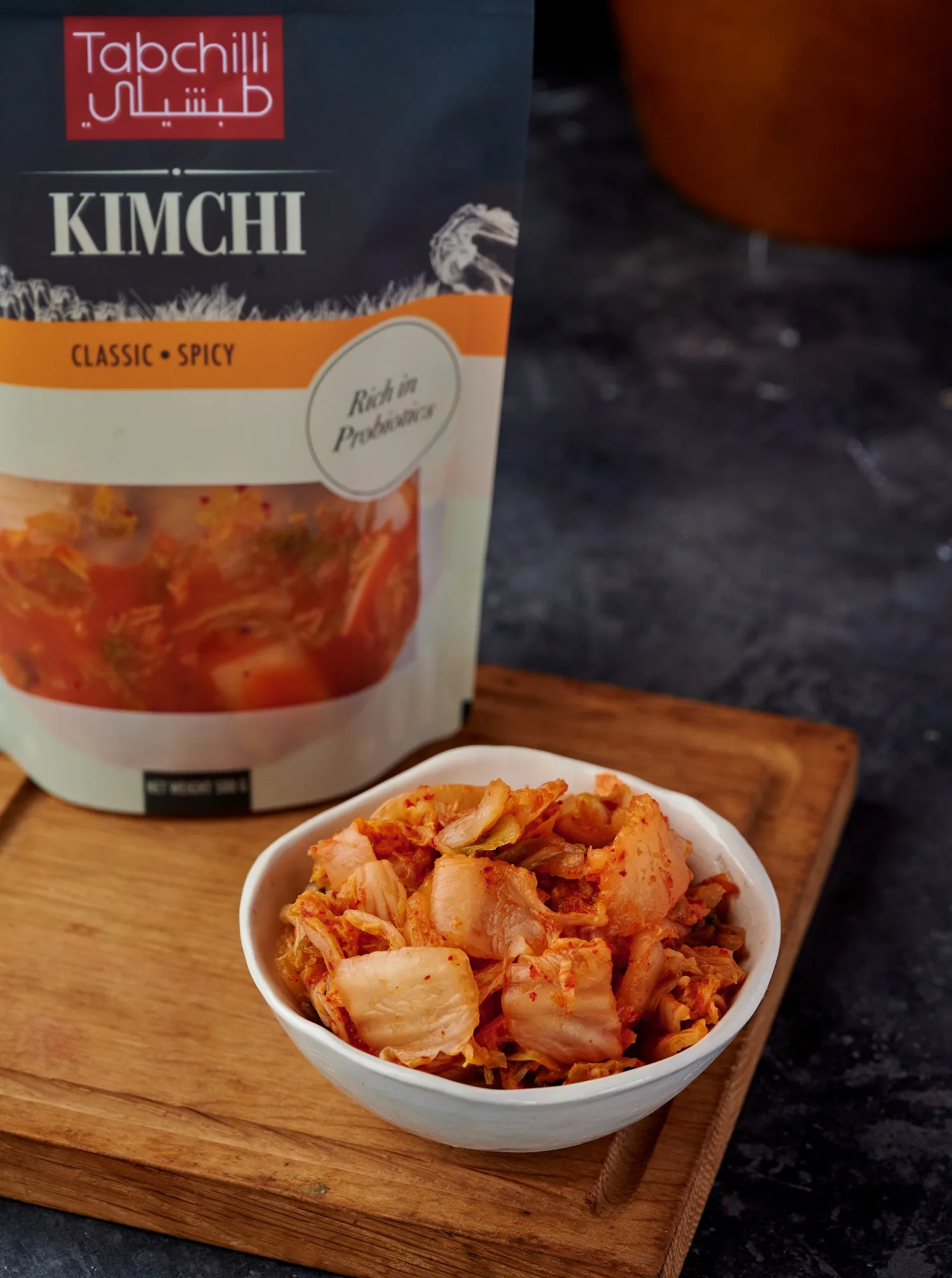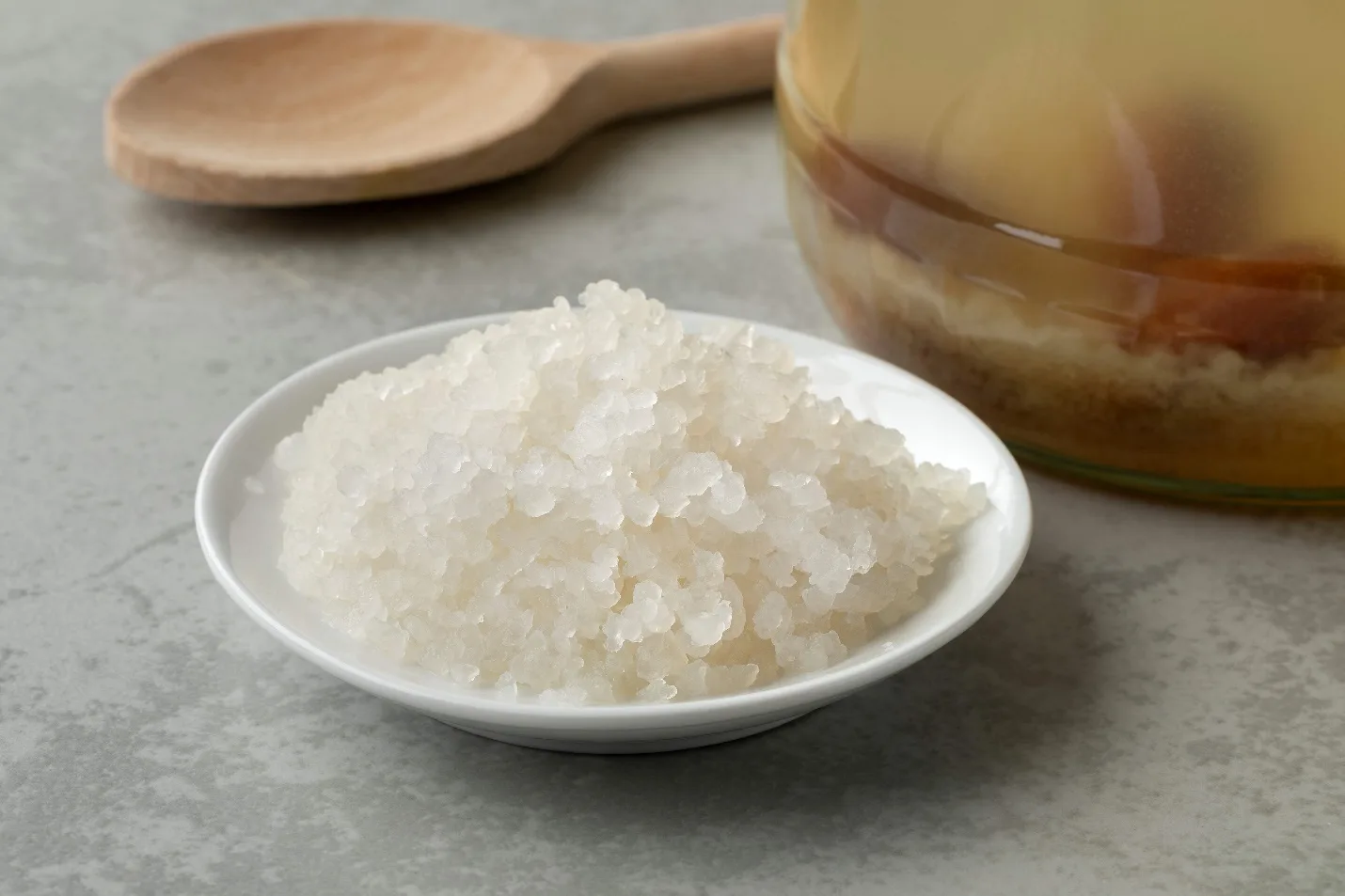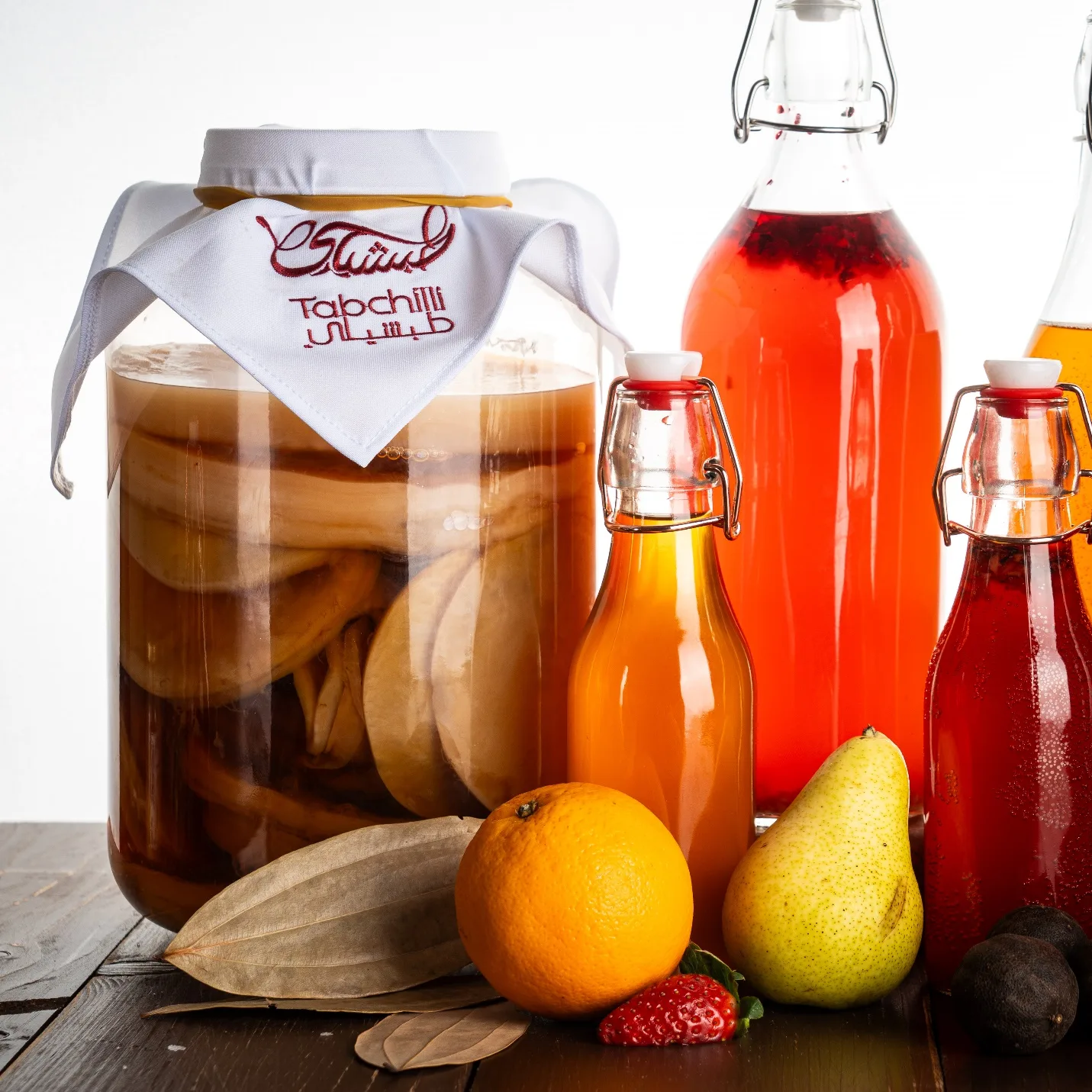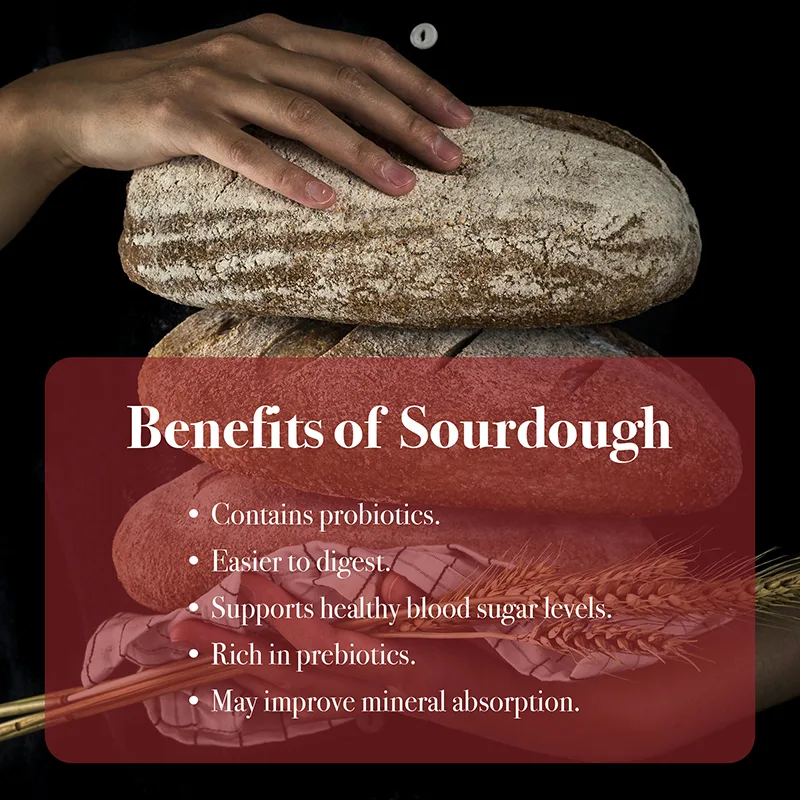
Fermented foods have been consumed for centuries across different cultures, known not only for their distinct flavors but also for their potential health benefits. From traditional kimchi in Korea to tangy sauerkraut in Germany, each fermented food undergoes unique fermentation techniques that contribute to its taste and nutritional profile. In this article, we’ll delve into the different types of fermented foods based on their fermentation methods, explore their health benefits, and highlight the best ways to include them in your diet.
If you’re in Dubai and looking for the best fermented foods in Dubai, whether for their probiotic content or for culinary enjoyment, you’ll find a variety of options at Tabchilli.
1. Lactic Acid Fermentation: Sauerkraut, Kimchi, and Pickles
How It Works
Lactic acid fermentation is one of the most common methods used for fermenting vegetables like cabbage and cucumbers. This technique involves naturally occurring Lactobacillus bacteria converting the sugars in the vegetables into lactic acid, giving these foods their distinct sour taste and extended shelf-life.
Health Benefits
Lactic acid fermentation results in foods that are rich in probiotics, which are beneficial bacteria that support gut health, boost the immune system, and aid digestion. Studies have shown that fermented vegetables like sauerkraut and kimchi can improve the diversity of gut microbiota, which is linked to overall health and wellness
Lactic acid fermentation is one of the most common methods used for fermenting vegetables like cabbage and cucumbers. This technique involves naturally occurring Lactobacillus bacteria converting the sugars in the vegetables into lactic acid, giving these foods their distinct sour taste and extended shelf-life.
Health Benefits
Lactic acid fermentation results in foods that are rich in probiotics, which are beneficial bacteria that support gut health, boost the immune system, and aid digestion. Studies have shown that fermented vegetables like sauerkraut and kimchi can improve the diversity of gut microbiota, which is linked to overall health and wellness(USDA ARS)
Popular Examples
1. Sauerkraut: A fermented cabbage dish rich in vitamin C, fiber, and probiotics. It’s a staple in German cuisine and is easy to make at home or buy ready-made.
2. Kimchi: A Korean staple made from napa cabbage and radishes, spiced with red pepper, ginger, and garlic. It has been associated with anti-inflammatory properties and gut health benefits.
3. Pickles: Cucumbers fermented in brine, offering a crunchy, tangy snack that’s low in calories but high in probiotics and antioxidants.

Looking for the best sauerkraut in Dubai? Check out Tabchilli for high-quality, organic sauerkraut options.
2. Alcohol Fermentation: Kombucha and Kefir

How It Works
Alcohol fermentation is primarily carried out by yeast converting sugars into alcohol and carbon dioxide. This type of fermentation is commonly used in brewing beverages like kombucha and kefir.
Health Benefits
Kombucha and kefir are known for their high probiotic content, along with antioxidants and organic acids that promote liver health and digestion. Research suggests that these drinks may help balance gut bacteria and provide energy-boosting effects(Office of Dietary Supplements (ODS)).
Popular Examples
1. Kombucha: A fermented tea drink made using a SCOBY (Symbiotic Culture of Bacteria and Yeast), which feeds on sweetened tea and produces a tangy, fizzy drink. Kombucha has been linked to improved gut health and antioxidant protection.
2. Water Kefir: A lighter, sweeter fermented beverage made using water kefir grains. It’s caffeine-free and rich in probiotics, making it a great alternative for those looking to avoid alcohol or caffeine.
For those in Dubai looking to brew their own kombucha, Tabchilli offers comprehensive kombucha kits and workshops to guide you through the process.
3. Acetic Acid Fermentation: Vinegar and Kombucha

How It Works
Acetic acid fermentation involves bacteria like Acetobacter converting alcohol into acetic acid. This process gives vinegar its strong, acidic taste and makes it a powerful preservative.
Health Benefits
Acetic acid is known to have antimicrobial properties, which can support gut health by inhibiting harmful bacteria. Additionally, acetic acid can help regulate blood sugar levels and improve cholesterol profiles when consumed in moderation(NCCIH).
Popular Examples
1. Apple Cider Vinegar: Made by fermenting apple juice twice (first with yeast, then with acetic acid bacteria), it’s widely used for its purported health benefits, such as supporting weight loss and improving digestion.
2. Kombucha: Combines both alcohol and acetic acid fermentation, resulting in a unique flavor profile that is both tart and refreshing.
4. Fungal Fermentation: Miso and Tempeh

How It Works
Fungal fermentation uses beneficial fungi like Aspergillus oryzae to break down the complex carbohydrates and proteins in soybeans, grains, or legumes. This fermentation method results in highly nutritious, umami-rich foods.
Health Benefits
Fungal-fermented foods are rich in protein, B vitamins, and antioxidants. The fermentation process also reduces antinutrients in soybeans and grains, making these foods easier to digest and more bioavailable.
Popular Examples
1. Miso: A Japanese paste made from fermented soybeans, used as a base for soups and marinades. It’s high in antioxidants and probiotics.
2. Tempeh: A fermented soybean cake originating from Indonesia, known for its dense texture and high protein content. It’s a popular meat substitute in vegan and vegetarian diets.
5. Lactic and Alcohol Fermentation: Sourdough Bread
How It Works
Sourdough bread is made through a combination of lactic acid bacteria and yeast fermentation, which creates its distinctive tangy flavor and chewy texture.
Health Benefits
The fermentation process in sourdough reduces gluten content, making it easier to digest for those with mild sensitivities. It also produces beneficial acids that lower the bread’s glycemic index, making it a healthier option compared to regular bread.
Popular Uses
- Enjoy sourdough bread as a base for sandwiches or toast to add a probiotic-rich option to your meals.

Why Choose Fermented Foods in Dubai?
Fermented foods are not only tasty but also packed with health benefits, including improved digestion, enhanced immune function, and better nutrient absorption. For residents of Dubai looking to add more probiotic-rich foods to their diet, Tabchilli offers a variety of high-quality fermented products:
1. Sauerkraut, Kimchi & hot sauce: wildly fermented with time for beautiful flavors.
2. Fermetnation Kits: Everything you need to brew your own probiotic-rich kombucha, kefir and more at home.
3. Workshops: Learn how to make your own ferments with our hands on classes.
Visit Tabchilli today to explore our full range of fermented foods and supplies. Whether you’re a beginner or an experienced fermenter, we have everything you need to enjoy the best fermented foods in Dubai.
1% of each order supports children with juvenile arthritis.